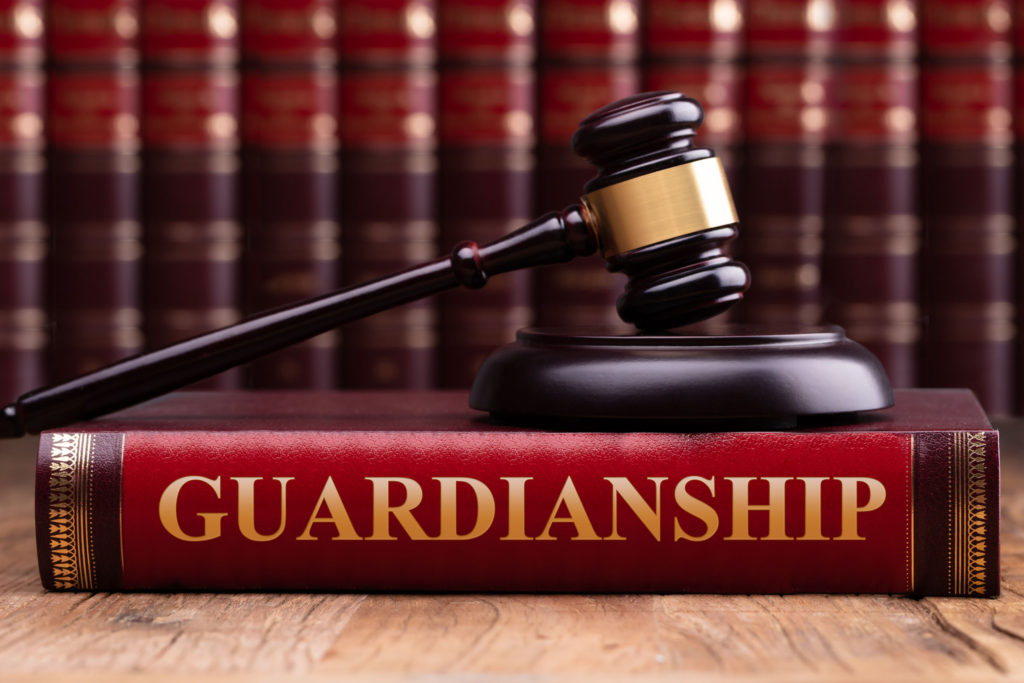
In Oklahoma, both guardianship and power of attorney are legal mechanisms that allow one person to make decisions on behalf of another. However, they serve different purposes for different situations. Understanding the differences between guardianship and power of attorney can help you determine the best course of action for you.
Guardianship
First and foremost, guardianship is a legal relationship a court establishes, where they appoint a guardian to care for and make decisions on behalf of an individual (known as the ward) who is unable to manage their own affairs due to age, incapacity, or disability. Guardianship is often necessary when the individual cannot make sound decisions about their personal, financial, or medical matters.
Types of Guardianship:
There are several types of guardianship:
- Guardianship of the Person: This type grants the guardian the authority to make personal and medical decisions for the ward. This includes details such as where they will live and what kind of medical care they will receive.
- Guardianship of the Estate: This grants the guardian control over the ward’s financial affairs, including managing property, paying bills, and handling investments.
- General Guardianship: This combines both personal and estate guardianship, giving the guardian comprehensive control over personal and financial matters.
The specific type of guardianship is decided based on the needs of the ward.
Establishing Guardianship:
To establish guardianship, you must file a petition in court, and the court must determine that the guardianship is in the best interest of the ward. This process often involves a hearing, to present evidence and demonstrate the ward’s incapacity and necessity for a guardian. The court will also evaluate the suitability of the proposed guardian.
Legal Responsibilities:
Guardians are fiduciaries, meaning they have a legal duty to act in the best interest of the ward. They must submit regular reports to the court detailing their actions and the status of the ward’s well-being and finances.
Power of Attorney
Conversely, a power of attorney is a legal document that allows one person (the principal) to grant another person (the agent or attorney-in-fact) the authority to act on their behalf. Unlike guardianship, power of attorney is a voluntary arrangement that does not require court involvement.
Types of Power of Attorney:
Much like guardianship, there are also several types of power of attorney:
- General Power of Attorney: This grants the agent broad authority to act on behalf of the principal in a variety of matters, including financial and legal transactions.
- Special or Limited Power of Attorney: This grants the agent authority to act in specific situations or tasks, such as selling a property or handling a single financial transaction.
- Durable Power of Attorney: This remains in effect even if the principal becomes incapacitated. It ensures the agent can continue to act on behalf of the principal if they are unable to make decisions themselves.
- Healthcare Power of Attorney: This grants the agent the authority to make medical decisions on behalf of the principal. This includes decisions about treatment, care, and end-of-life choices.
Once again, the specific type of power of attorney is decided based on the specific needs of the principal.
Creating a Power of Attorney:
Creating a power of attorney involves the principal drafting and signing a document that outlines the scope of authority. You must sign the document in the presence of a notary public for it to be legally binding. The principal can revoke the power of attorney at any time, as long as they are competent to do so.
Legal Responsibilities:
Agents under a power of attorney also have fiduciary duties, meaning they must act in the best interest of the principal and in accordance with the specified terms.
Key Differences Between Guardianship and Power Of Attorney
There are several key differences between guardianship and power of attorney:
- Court Involvement: Guardianship requires court proceedings and oversight, whereas you form power of attorney through a private agreement.
- Initiation: Guardianship is typically initiated due to the ward’s incapacity, while power of attorney is created by the principal while they are still competent.
- Scope of Authority: Guardianship can provide comprehensive control over both personal and financial matters, whereas power of attorney can be tailored to specific needs and tasks.
- Revocability: A principal can revoke a power of attorney at any time, while terminating guardianship requires court approval.
Understanding these differences helps you know what to expect in your situation.
Tulsa Guardianship Attorneys
In conclusion, guardianship and power of attorney are two distinct legal tools in Oklahoma that serve to assist individuals who need help managing their affairs. Understanding these differences can help you choose the right option based on your needs and circumstances. Contact us today at Tulsa Divorce Attorneys & Associates by calling 539-302-0303 or go online to learn more.
